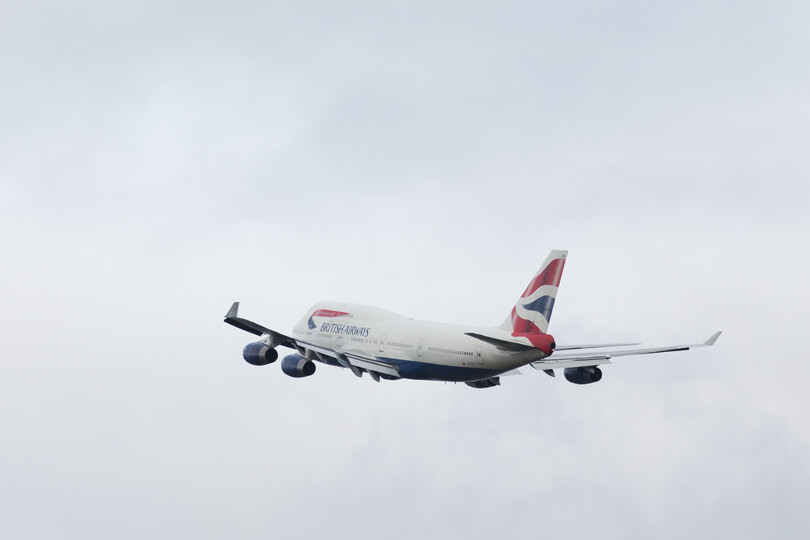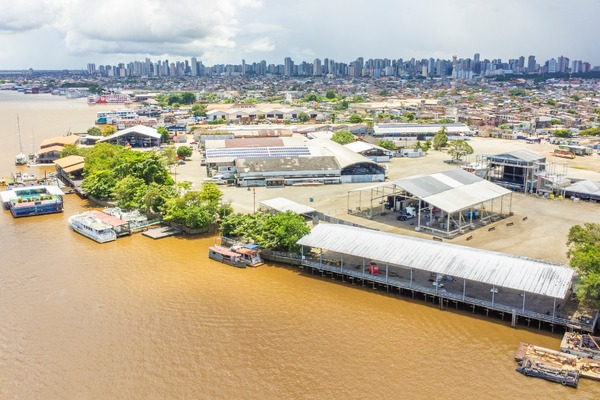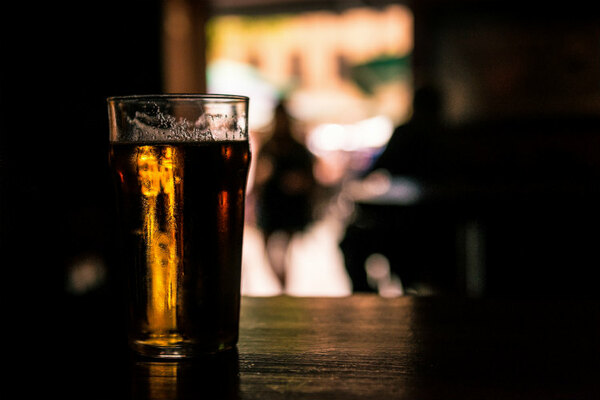IAG: Govt support 'critical' to sustainable fuel revolution
 James Chapple
James ChappleBritish Airways parent IAG has pledged to power 10% of its flights with sustainable aviation fuel (SAF) by the end of the decade – but has stressed government support for its ambitions will be "critical".
The group will purchase one million tonnes of SAF a year, which it says will cut its annual emissions by two million tonnes by 2030. This, says IAG, is equivalent to removing a million cars from Europe’s roads every year.
IAG has also extended its net zero commitment to its supply chain; the group will work with its partners to help them achieve net zero emissions by 2050 for products and services supplied to IAG.
Chief executive Luis Gallego said: "It’s clearly challenging to transition to a low carbon business model but, despite the current pandemic, we remain resolute in our climate commitments.
"Government support is critical to meet this target by attracting investment to construct sustainable aviation fuel plants that will deliver enough supply for the airline industry, creating highly valued green jobs and economic growth at global scale."
IAG said with the right policy environment, up to 14 SAF plants could be build across the UK over the next 10 years, creating thousands of jobs and saving millions of tonnes of carbon emissions every year.
The group has pledged US $400 million to development of SAF over the next 20 years, and is partnering with SAF developers LanzaJet and Velocys.
This investment includes support for Europe’s first household "waste-to-jet fuel" plant, which will be built in the UK and be operational by 2025.
BA, meanwhile, will purchase SAF from LanzaJet’s US plant to power some of its flights from late 2022.
Transport secretary Grant Shapps added: "IAG’s agenda-setting commitment is clear evidence of the progress we are making.
"These kinds of initiatives, along with our work through the Jet Zero Council, will help us rapidly accelerate towards our net zero targets as we build back better out of the pandemic."
Earth Day 2021
- Travel Corporation makes carbon neutral pledge
- Intrepid Travel to 'decarbonise' top 50 itineraries
- Third of Exodus tours now available flight-free
- Etihad ecoFlight completes first 2021 service
- Accor scales up sustainability efforts with new role
- Banyan Tree teams up with Canopy Project for planting drive
- Govt support 'critical' to sustainable fuel revolution – IAG
- Kisawa Sanctuary eco-resort opens in Mozambique
Sign up for weekday travel news and analysis straight to your inbox

James Chapple
Supplier Directory
Find contacts for 260+ travel suppliers. Type name, company or destination.














